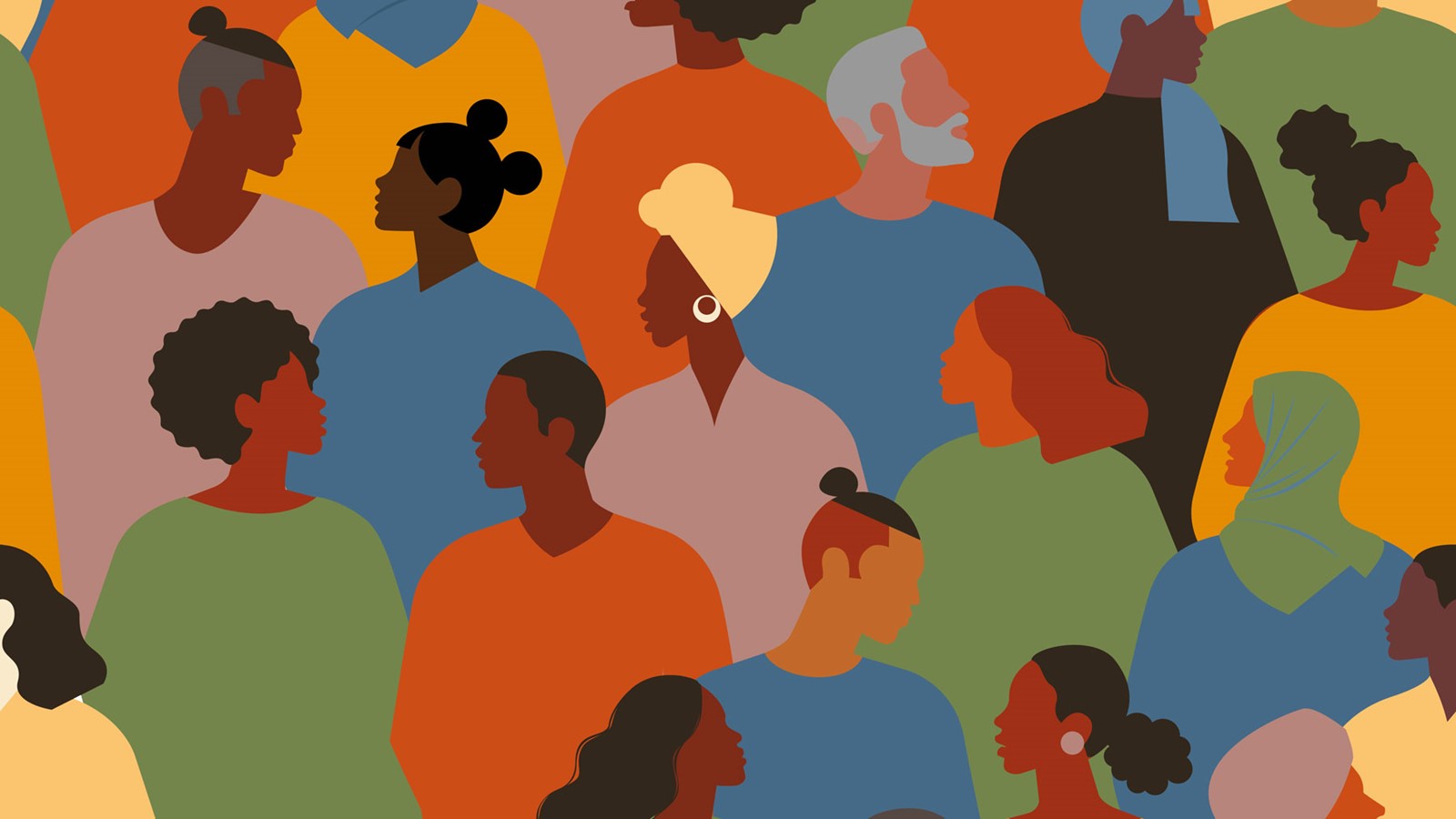I am sitting with a black woman in her early 20s – our first session. She speaks of how overwhelmed she feels by the increased micro- and macro-gender aggression and anti-blackness she has experienced living in London since Brexit. We speak of Child Q and I share that I had been moved to tears as I imagined how Child Q must have felt at the invasion of her body.
Child Q, a 15-year-old black girl of African Caribbean descent wrongly accused of carrying and smelling of cannabis by one of her teachers, was strip-searched by police at her school in Hackney, east London. Her parents were not contacted for consent or informed what was happening to their daughter. Child Q was on her period and, even after explaining her situation, was disbelieved and made to undergo a degrading and traumatic strip-search at the hands of two policewomen
As psychotherapists and counsellors, we are aware of the possible lasting impact of these types of traumatic experience, and the lasting effects of being abused in such a manner by adults in positions of power who are meant to protect us, not cause harm.
I am outraged and distressed because, for me, symbolically, this represents the ever-present shadow of slavery. For more than 400 years, black girls, women, boys and men were treated with contempt and brutalised – stripped naked, raped and examined as beasts and sold like cattle.
During the session with my client, speaking of Child Q and how the news had impacted her, she shares that, aged 13, she had been strip-searched in a store by policemen. Since that time, she has been living with the shame of having been violated. She describes it as a sexual assault and felt that her dignity, confidence and self-worth had been stolen from her. Her sense of self had been distorted. Although she had seen other psychotherapists and counsellors, she describes their approach as Eurocentric in that they overlooked her black lived experience as a significant external reality, and as a result she had felt gagged.
In the space of acceptance of her as a black woman living with the ongoing trauma of racism, she shared that she felt safe enough to talk about this harrowing racist assault that, out of shame, she had tried desperately to forget had ever happened. She wept and acknowledged her wounding by something that had been enacted on her because she was a black girl, and that it was not something she had invited. She had been carrying this pain and unshed tears for nearly 10 years.
Next in this issue
In honour of witnessing the harm and shaming she had experienced and our shared legacy as black women, I shed restorative tears to allow the opening and softness of grieving for the self to take place.
As a psychotherapist, I have only twice cried therapeutically, as a form of witnessing with clients when there have been no words to express the formless depth of feelings required to start the deep healing process. We wept together for the racist abuse and violation she had experienced.
There is a basin in the mind where words float around on thought and thought on sounds and sight. Then there is a depth of thought untouched by words, and deeper still a gulf of formless feelings untouched by thought.
Zora Neale Hurston
As her psychotherapist I was prepared to be vulnerable and demonstrate, through my own restorative tears, that we would not drown in her deep well of sorrow, but in fact she would be strengthened by the acknowledgement of her pain through her own tears. From this safe place of black empathy, she began to reframe the wounding caused to her, creating a space to start the ongoing work of dissolving the traumatic wounding.
… as far as you are able you will not rely upon what harms you for the shaping of your one wild and precious life.
Victoria Adukwei Bulley
